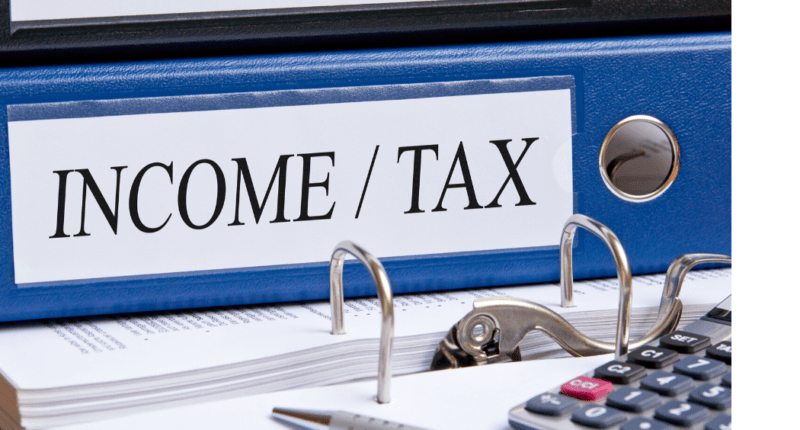The income tax department tracks all your high-value transactions through various sources. The department uses data analysis to determine non-filers of income tax returns or under-reported income in the ITRs. This is done for tracking any tax evasion and adherence to correct and accurate reporting by the taxpayers.
In this endeavour, the income tax department had introduced the concept of financial reporting, which was previously known as ‘Annual Information Report (AIR)’. However, the reporting is now termed as a ‘Specified Financial transaction’ report.
The department has upgraded Form 26AS to reflect such high value ‘Specified Financial Transactions’. In August 2020, there was news about income tax departments’ intention to widen the scope of SFT and include transactions like hotel expenses exceeding Rs.20,000, LIC payment more than Rs.50,000, rent payment more than Rs.40,000, purchase of jewellery, white goods, paintings more than Rs.1 lakh, etc. However, a formal notification is not yet received in this regard. This makes it essential for the taxpayers to keep such high-value transactions in mind while filing ITR.
Here we will discuss some of these transactions and how they are reported to the department.
Specified financial transaction
Specified financial transactions are reporting required to be done by specified institutions to the income tax department for individuals’ transactions beyond a certain threshold in various categories. Institutions like banks, financial institutions, mutual funds, stock exchanges, institutions issuing bonds, registrars or sub registrars etc., as specified by the law, have to mandatorily file a report of SFT to the income tax department.
Immovable property
Registrars or sub-registrars have to file SFT for all the parties (transferor, transferee, co-owners of property) involved in transferring immovable property exceeding Rs.30 lakhs.
Cash deposits in saving bank account
Banks have to file SFT if the aggregate cash deposit in the account (other than current accounts and fixed deposit) by an individual exceeds Rs.10 lakh in a financial year.
Cash deposits in the current account
Cash deposit or withdrawal of more than Rs.50 lakh is all the current accounts of an individual will be reported in SFT by the bank.
Also, cash payment of more than Rs.10 lakh for purchase of bank draft or pre-paid instruments of RBI will have to be reported.
Credit card repayment
The bank or the financial institution issuing the credit card will report the transaction as SFT if an individual makes a credit card payment for more than Rs.1 lakh in cash or more than Rs.10 lakh through NEFT/cheques, etc.
Investment in financial instruments
The relevant specified institution has to report a purchase/sale of bonds, debentures, stocks or mutual funds exceeding Rs.10 lakh. However, such reporting is not required if the transaction is related to transferring one scheme to another in a mutual fund.
Sale of foreign currency
An authorised dealer, money changer, off-shore banking unit or any other person authorised to deal in foreign exchanges or foreign securities shall be liable to report the receipts of more than Rs.10 lakh on account of sale of foreign currency by any individual.
Action required when your 26AS indicates SFT transactions
In case your 26AS have these transactions, the taxpayer has to ensure that the relevant income from these high-value transactions have been accurately reported and tax liability have been calculated considering the income from such transactions. In case of any mismatch or an error, the ITR filed can trigger the income tax notice.
So, as a taxpayer, you have to verify that the SFT transactions reflecting in Form 26AS are correct and considered the same while filing ITR. Once the SFT reflecting in 26AS is verified, you can go ahead and file your ITR as in a usual scenario.
For any clarifications/feedback on the topic, please contact the writer at jyoti.arora@cleartax.in

I am a Chartered Accountant by profession with 4+ years of experience in the finance domain. I consider myself as someone who yearns to explore the world through travelling & Reading. I believe, the knowledge & wisdom that reading gives has helped me shape my perspective towards life, career and relationships. I enjoy meeting new people & learning about their lives & backgrounds. My mantra is to find inspiration from everyday life & thrive to be better each day.





